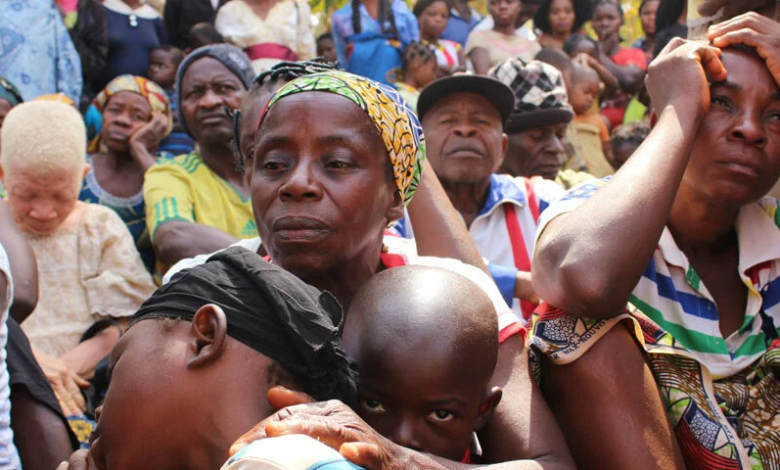Cameroon Issues ID Cards To 6,000 Central African Republic Refugees
The Central African Refugees who received the identity cards would now be able to move freely in Cameroon, seek employment, and also create jobs.

Cameroonian authorities have issued identity cards to 6,000 refugees from the Central African Republic resident in the country. The one-week exercise ended on Wednesday, June 29.
The refugees who received the cards would be able to move around freely and procure employment or create businesses of their own in the country.
The exercise is the first step of an operation involving the various arms of government, including the Ministries of External Relations and the Economy, Planning and Regional Development, the General Delegation for National Security, the UN High Commission for Refugees (UNHCR), and the National Programme for Participative Development (NPPD).
Most of the 6,000 Central African Republic refugees who have received the cards so far are based within the Mandjou council area and the Gado Badzere camp in Garoua-Boulai council.
The Ministry of the Economy, Planning and Regional Development has been responsible for the technical coordination of the operation, while the UNHCR verifies the refugees. Finally, the Ministry of External Relations interviews the refugees and issues them attestations which they take to the General Delegation for National Security which finally issues the biometric cards.
The World Bank finances the operations in the Mandjou and Garoua-Boulai councils.
The pilot phase is evaluated at 40 million FCFA (about 80,000 US dollars). It will cover the regions hosting the refugees, namely the East, Adamawa, North and the Far North.
Until the current operation was launched, the refugee cards were issued by the UNHCR and by taking over the issuance of the refugee cards, Cameroon takes over its sovereign functions of identifying all persons present in its territory.
According to the UNHCR, Cameroon hosts over 350,000 refugees, mainly from Central Africa and Nigeria.
Support Our Journalism
There are millions of ordinary people affected by conflict in Africa whose stories are missing in the mainstream media. HumAngle is determined to tell those challenging and under-reported stories, hoping that the people impacted by these conflicts will find the safety and security they deserve.
To ensure that we continue to provide public service coverage, we have a small favour to ask you. We want you to be part of our journalistic endeavour by contributing a token to us.
Your donation will further promote a robust, free, and independent media.
Donate HereStay Closer To The Stories That Matter




